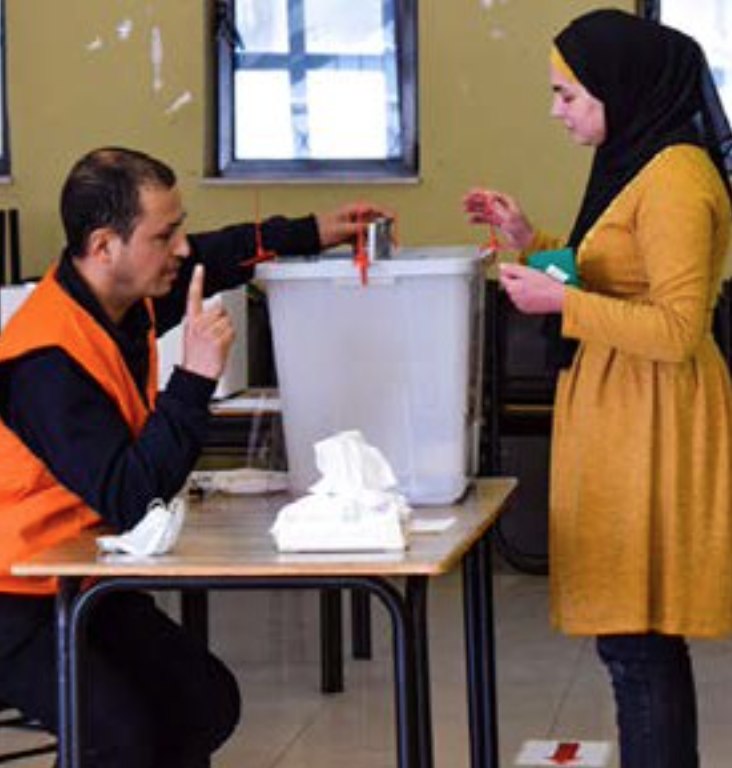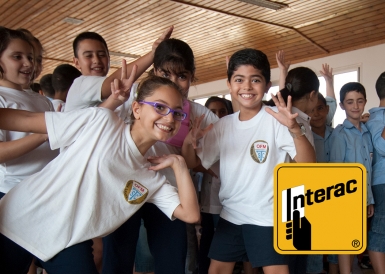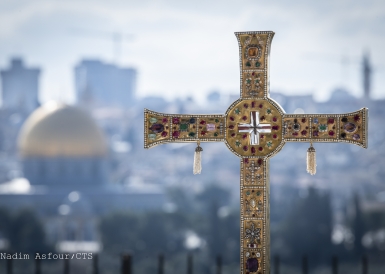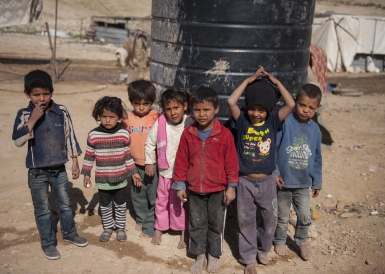Jewish Settlers Take Over a Christian Hotel
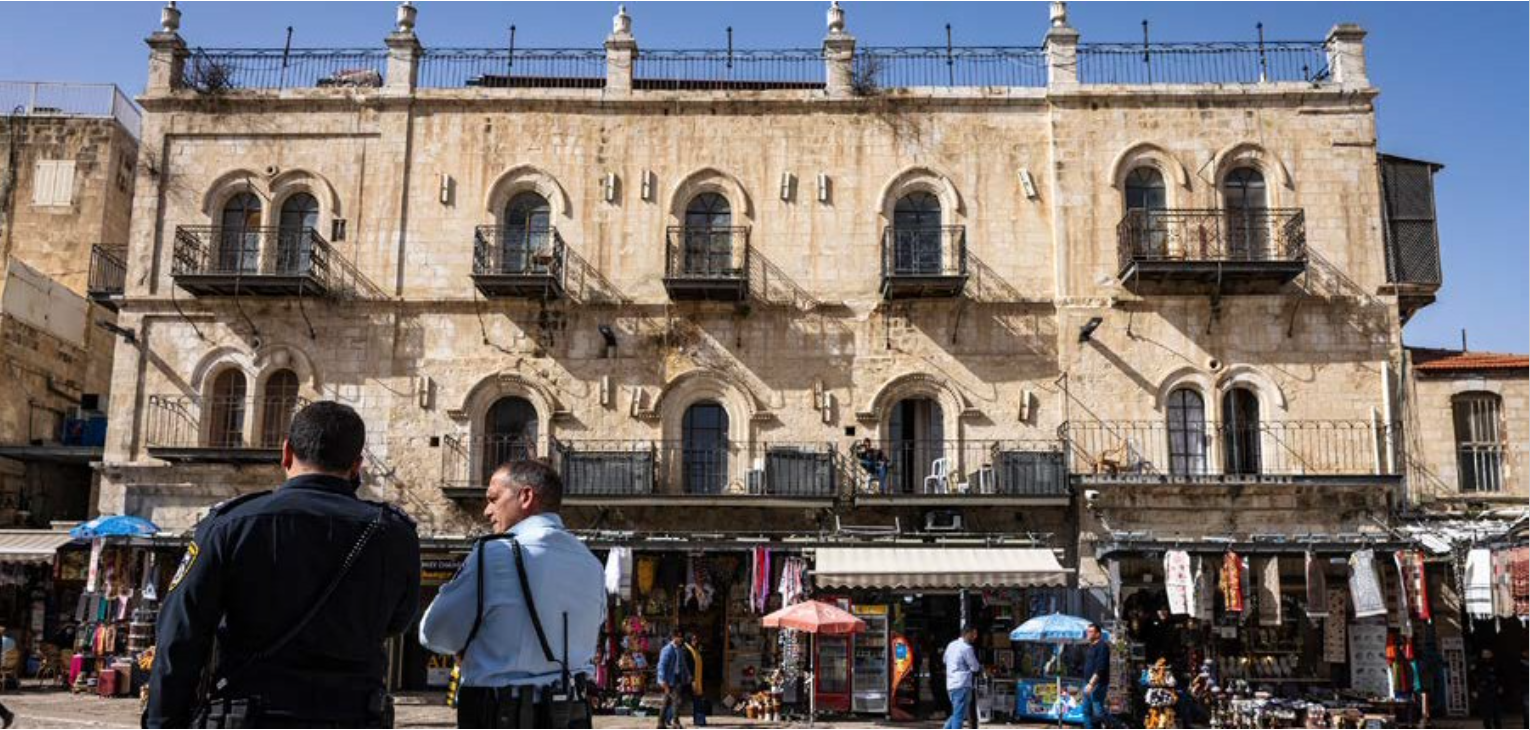
On the night of March 26 to 27, 2022, radical settlers of the Ateret Cohanim group took possession in the Old City of Jerusalem of the Petra Hotel, property of the Greek Orthodox Church. The ownership of this building, located near the Jaffa Gate, has been disputed for 20 years in Israeli courts. Sold by the former Greek Orthodox Patriarch, Irenée I, as part of a controversial agreement in 2004, the Petra Hotel and its neighbor the Imperial have since been claimed by Ateret Cohanim. For its part, the Greek Orthodox Patriarchate has continued to accuse the opposing party of fraud and, outraged, issued a forceful statement on March 27, and charged that: "This act of intrusion was committed illegally and constitutes an aggression against local businesses and properties in the Christian quarter of Jerusalem". Source: terresainte.net
Mosaics, Under the Prison
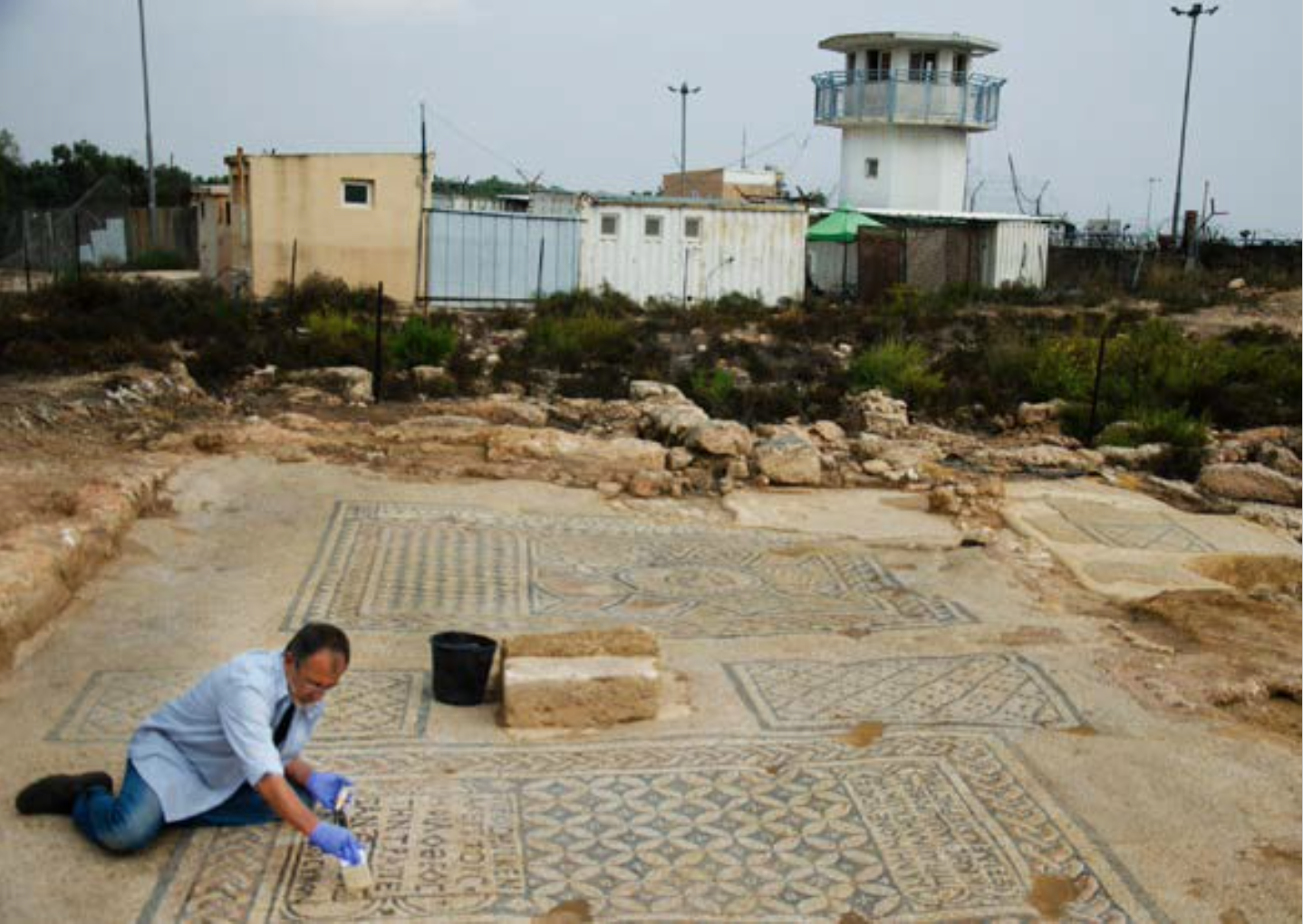
This only happens in Israel: a prison will be moved to continue the excavations of a third century structure where archaeologists have discovered a mosaic bearing the Greek inscription "to the God Jesus Christ". The discovery of this unique pavement goes back to 2004. At the time, the Megiddo prison (90 km north of Jerusalem) was thinking of expanding. Exploratory excavations uncovered what archaeologists describe as the oldest Christian church in the world. "It tells the story of Christianity even before it became official," the Israel Antiquities Authority wrote on its Facebook page. Discussions are underway to move the entire prison complex and display the mosaics in a dedicated tourist site. A new excavation campaign will begin in June 2022. Source: Times of Israel
Local Elections in Palestine
They are unique in their regularity. Municipal elections were held, on March 26th, for the fourth time since 1993, in the 50 major cities of the West Bank. Since the presidential and legislative elections were cancelled in 2021, the local poll is the only one left for Palestinians to express their democratic voice. The municipal councils are the first institutional level of the country and manage many aspects of daily life: granting building permits, distributing water, electricity, etc. Many people, denouncing it as a "sham democracy", did not go to the polls: the turnout was only 53%. These elections were marked by a high number of [electoral] lists: 4.5 on average per city, and a rise in the power of independent lists, linked to families or tribes, and no longer to the two main parties that are Fatah and Hamas. Palestinian political observers warn that this is not necessarily good news for a democratic culture. Source: terresainte.net
Israeli Arab Society in the Midst of a "Revolution"
A new middle class is emerging in Israel. In a statistical report published in March 2022, the Institute for Israeli Democracy provides an overview of the changes that have taken place in the Israeli Arab community (21% of the population in 2020) over the past decades. The authors of the paper note an overall increase in living standards, life expectancy and education. For example, the number of Arab graduate students has almost tripled in 10 years, from 6.5% (3,270) in 2010 to 14.6% (9,252) in 2020, while the number of Arab doctoral students increased from 3.9% (413) in 2010 to 7.3% (855) in 2020. The report notes that "the change in family structures and the desire to realize individual aspirations at the expense of collective values are undermining traditional models and revolutionizing Arab society". Source: i24 News
